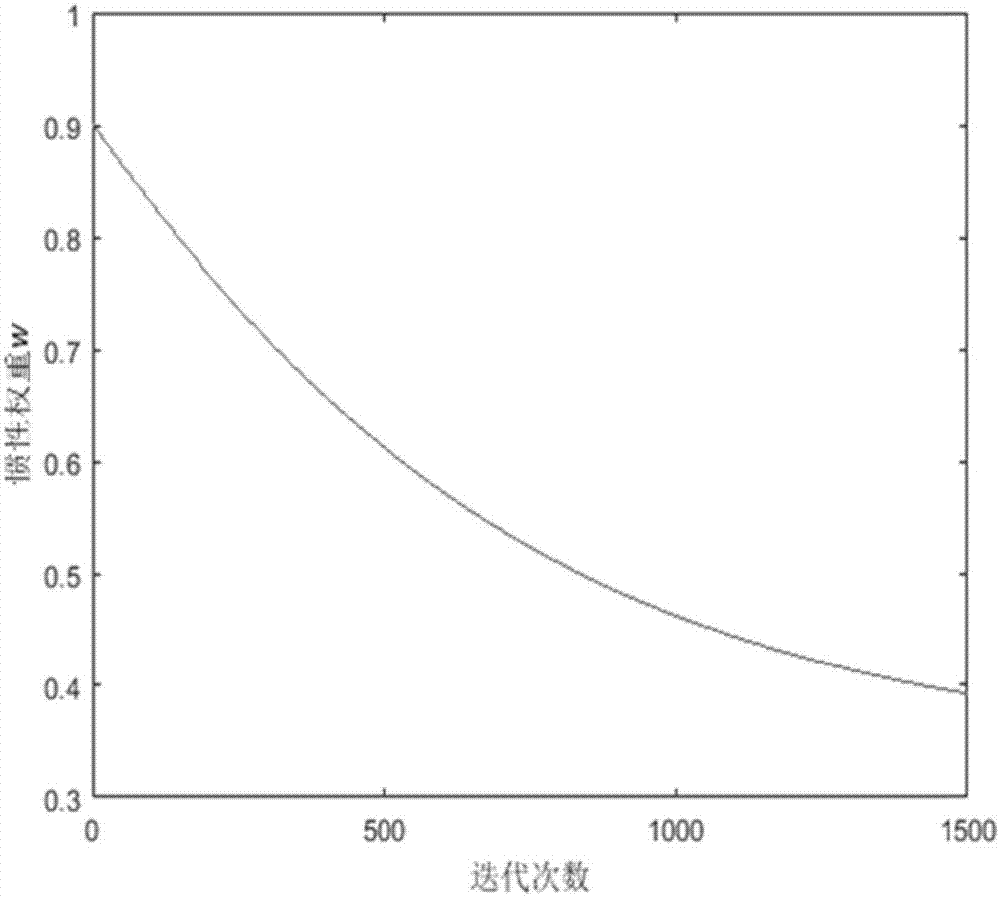Blind channel balancing method based on improved PSO (Particle Swarm Optimization) BP (Back Propagation) neural network
A BP neural network and improved particle swarm technology, applied in neural learning methods, biological neural network models, shaping networks in transmitters/receivers, etc., can solve the problem of easy to fall into local minimum points and sensitive network parameter initialization settings And other issues
- Summary
- Abstract
- Description
- Claims
- Application Information
AI Technical Summary
Problems solved by technology
Method used
Image
Examples
Embodiment Construction
[0071] specific implementation plan
[0072] Embodiments of the invention are described in detail below, examples of which are illustrated in the accompanying drawings
[0073] 1. Determine the structure of the BP neural network
[0074] The blind equalization technology does not need to use the training sequence, but only uses the unknown signal sent by the transmitter to equalize the channel characteristics, so that the output signal of the equalizer is as close as possible to the sent signal. This self-adaptive technology does not require blind identification of the channel first, and can directly use the equalizer to restore the input signal, effectively compensate the non-ideal characteristics of the channel, overcome inter-symbol interference, reduce the bit error rate and improve communication quality. The principle of blind equalization technology is as follows:
[0075] The signal x(n) sent by the transmitter passes through an unknown channel h(n) and superimposes a...
PUM
 Login to View More
Login to View More Abstract
Description
Claims
Application Information
 Login to View More
Login to View More - R&D Engineer
- R&D Manager
- IP Professional
- Industry Leading Data Capabilities
- Powerful AI technology
- Patent DNA Extraction
Browse by: Latest US Patents, China's latest patents, Technical Efficacy Thesaurus, Application Domain, Technology Topic, Popular Technical Reports.
© 2024 PatSnap. All rights reserved.Legal|Privacy policy|Modern Slavery Act Transparency Statement|Sitemap|About US| Contact US: help@patsnap.com










